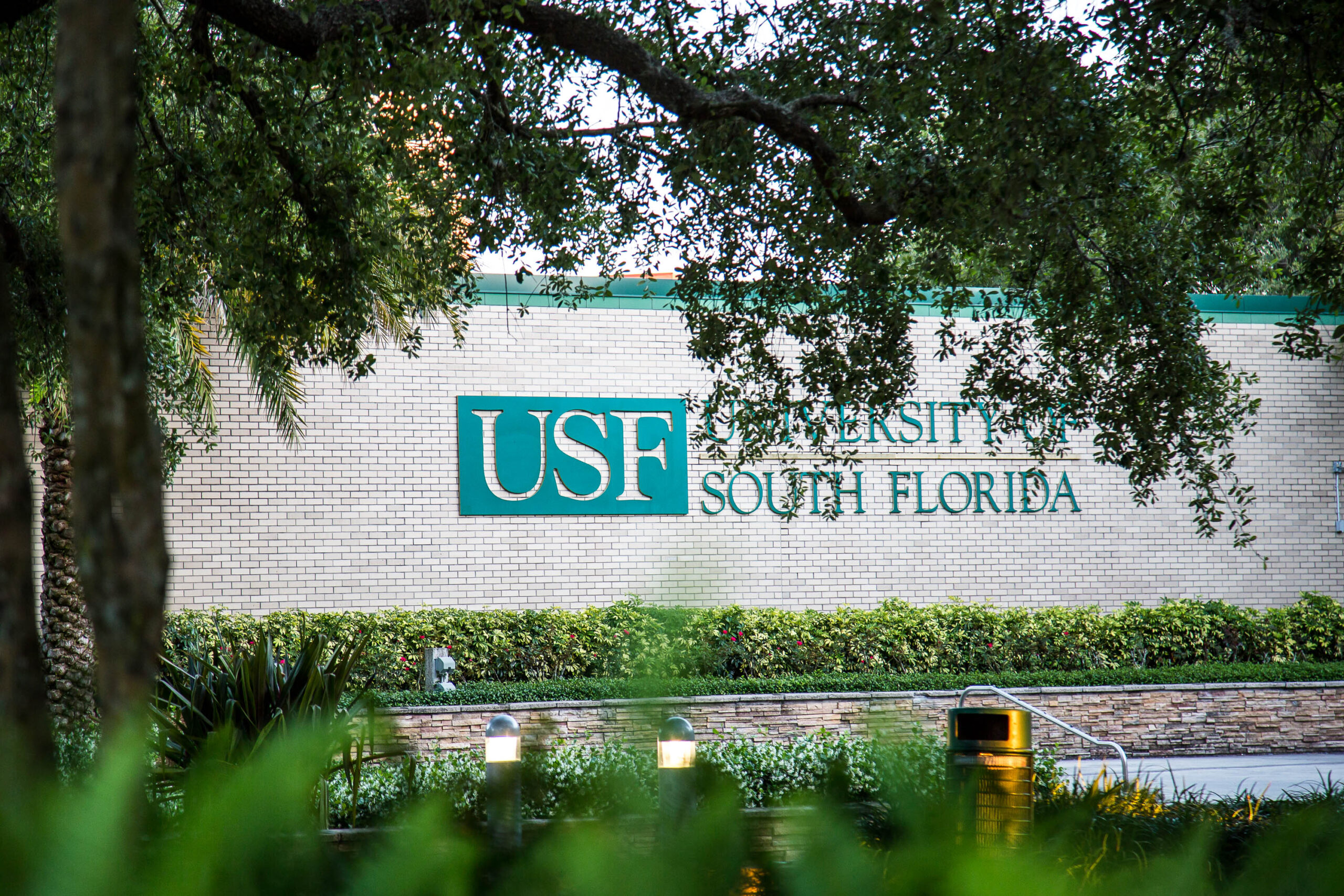OPINION: USF should offer prisoners second chance at college

The Second Chance Pell Experimental Sites Initiative, conducted by the Department of Education (DOE), is open for colleges to apply until Oct. 28. The initiative provides college access to incarcerated students and leaves an opportunity for USF to join the program, better the community and offer accessible education to inmates.
The initiative, which studies outcomes of providing Pell Grants to incarcerated students, has garnered over 22,000 participants since it began in 2015, as outlined on the DOE’s website. It’s expanded this year to include more colleges from more states for the 2022-23 school year.
Due to the 1994 Crime Bill, Pell Grants had previously been banned from being distributed to inmates, but the program was able to support student access to 67 programs via waivers and expanded to 67 more after the ban was officially lifted by Congress in December 2020. Inmates who are otherwise eligible for USF’s Pell Grants and won’t be incarcerated within the next five years can be selected.
To apply, USF administration only has to decide which academic programs will be offered and how many students it will accept into them.
If selected, however, it will have to monitor who is chosen and offer academic and financial information to inmates if they’re released early from prison and want to continue their education. The program will come at no direct cost to the university.
Providing education in prison has been proven to improve inmates’ lives after release, according to a 2021 report conducted by the Vera Institute of Justice. The institute found correctional education lessens an inmate’s chance of returning to prison by 48%. Taxpayers can also save $4-$5 each annually in reduced incarceration costs.
Odds of getting employed post-release also increased by 13% for inmates who participated in correctional education, according to RAND, a nonprofit research organization. If USF were to participate in the initiative, the results could greatly benefit the economies of Hillsborough, Pinellas and Sarasota counties.
Florida Gateway College (FGC) in Lake City is the only state college that joined this experiment in 2017, allowing up to 50 student participants from the Florida Department of Corrections in their first year.
This first class graduated in May 2019, with an average GPA of 3.89, according to FGC’s 2019 Fact Book. From 2016-2020, FGC enrolled 254 unique participants into the program, according to the Vera Institute.
USF should follow in FGC’s footsteps and send an application to the DOE. This would be a huge step toward reforming students in local prisons, saving taxpayers money and introducing intelligent members into the community’s workforce.







